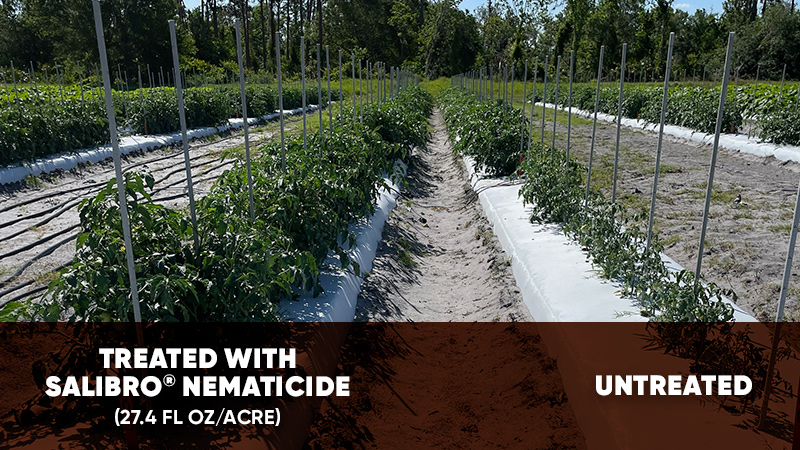Use Sound (Climate) Science [Opinion]
In doing research for this month’s cover story on climate change and its effects – both recent and what might be expected in the future – I got something of a surprise. A lot of people in the industry just don’t want to talk about it.
I told them I understood. After all, the issue has become heavily politicized. Who wants to kick a hornet’s nest when it’s so much safer to sidestep it?
But it happened not only with the growers I called, but also with some Extension folks, who said frankly they just didn’t want to get into it because it might stir up trouble with the growers with whom they work. That made me wonder.
These are men and women of science, after all. Through the years I have heard more than one grower association spokesperson, responding to this or that ridiculous assertion by a so-called “environmental” group, plead, “Use sound science!”
I was right there in the front row, standing and enthusiastically applauding.
Want an example? How about the Environmental Working Group’s (EWG) inane “Dirty Dozen,” the 12 fruits and vegetables that purportedly contain the most pesticides. Even the EWG, being a “scientific organization,” finally admitted that eating conventionally grown fresh fruits and vegetables was far preferable to a diet bereft of such healthful fare.
Who can argue with basing decisions on sound science? Well, a lot of people just don’t want to believe the truth, and find another explanation convenient.
If one of my children were autistic, I know I’d rather think that they got the condition from something somebody else gave them – such as a vaccine – than that I passed it to them through my genes.
I’d like to think I’d weigh the preponderance of sound science against that specious vaccine argument, and realize there was no connection, but when it comes to one’s children, well, I at least get it.
But climate change – or global warming, if you prefer – isn’t really debatable any more, and denying it isn’t beneficial to anyone. The evidence is absolutely overwhelming.
And sure, it would be easier to say that it wasn’t man-made, but again, it’s going against that thorny notion of sound science.
I can understand growers who are concerned about greater regulations being foisted upon them in an effort to slow down the rate of climate change by government bureaucrats with a profound ignorance of farming. I get that, totally and completely, but the answer is not to deny that climate change is happening.
So what’s a grower to do? Well, first of all, even if you have to admit you might have been wrong on this issue early on – I myself was extremely suspicious, initially – now it’s best to use sound science.
I would fully expect, and in fact, fully support, growers resisting any proposed regulations that weren’t rooted in sound science. Giving the regulators a shot of common sense wouldn’t hurt, either.
But it’s time to move on, to opt for sound science over politics. Of course, this year I’d opt for virtually anything over politics, but that’s not something I editorialize about here, thankfully. No, here we write about fruit growers, researchers, and affiliated industry professionals – who use sound science. ●








